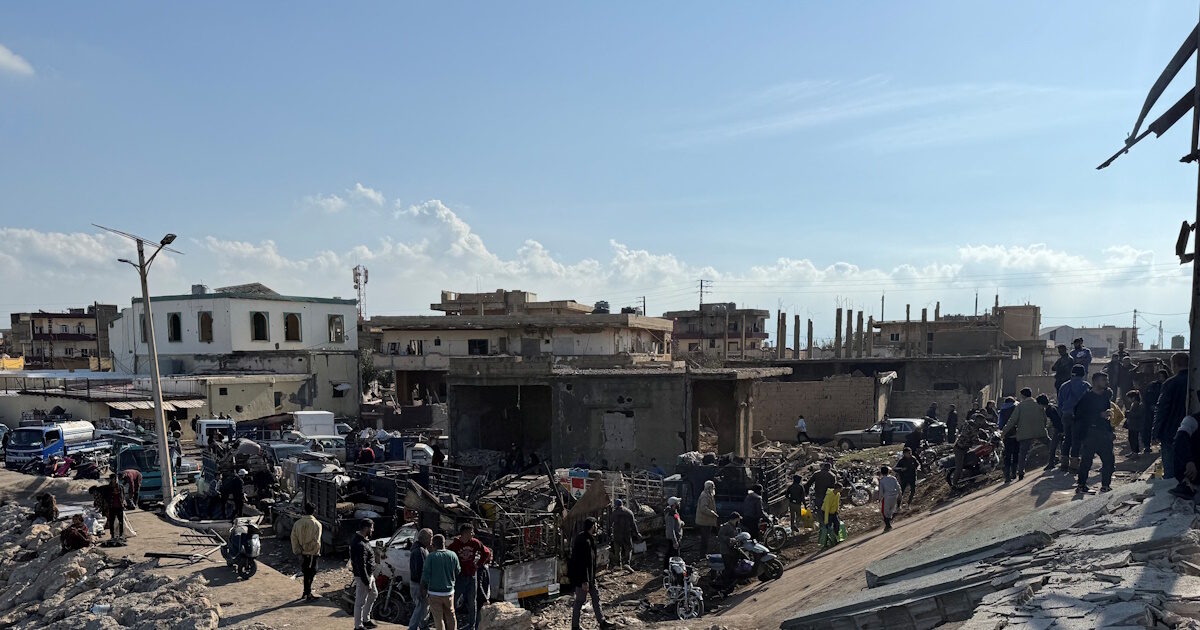With bated breath the entire planet is watching the developments in Syriawhich after the fall of Bashar al-Assad has entered a new era, with analysts, however, expressing strong concerns about the day ahead. The big fear? The reconstruction of jihadists of the Islamic State.
A post-Assad Syria offers a golden opportunity for ISIS jihadists to take advantage of the chaos to retake the territory they held and free their fighters in the Kurdish zone of northeastern Syria, international media reports.
Typical of the concerns is the warning by the former head of MI6 in Britain, Sgt Alex Younger, that the fall of Bashar al-Assad, who fled to Moscow, significantly increases the threat of freeing “a very large number” of ISIS jihadists held in Syria, who pose a “chronic” threat to the security of the West.
“What is happening in Syria opens up a field of exploitation, while at the same time increasing the risks for the spread of ISIS terrorists.” This is the conclusion reached by the British network Sky News, which explains how the overthrow of the Assad regime can bring about the resurgence of the Islamic State.
According to the news outlet, citing a top commander in Syria, there is a fear that the ISIS organization may take advantage of the current chaotic situation in Syria.
Right now, the international community’s eyes are on the rebel groups in Damascus, but what also matters is the power vacuum that has been created.
One of the most powerful figures in the region of southeastern Syria is the commander of the Syrian army, Abdi Mazlum. He warns the West that the Islamic State is already trying to take advantage of the situation.
“ISIS is now stronger in the Syrian desert. “Earlier, they were hiding in scattered areas, but now they have more freedom of movement since they are not hindered by other forces and are not involved in a war with them,” he explains to Sky News.
“In the areas under our control, jihadist activities have intensified. “Just a few days ago, three members of the security forces were killed near al-Hasakah in an ISIS operation,” he adds.
Since the civil war began, Syria has been divided into different camps of influence.
Regional and international powers control different parts, as seen in the cases of Turkey, Russia, Iran and the USA.
